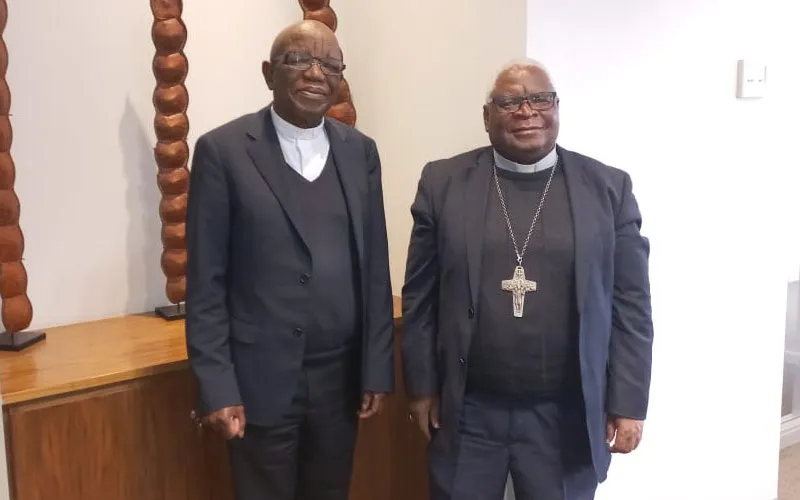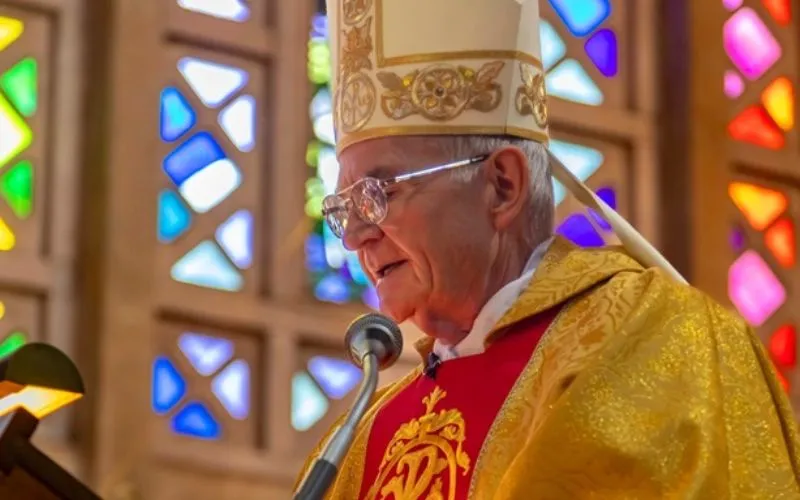The Mozambican Catholic Bishop went on to highlight possible places that can facilitate the needed help, saying, “There is the consulate of Mozambique, which is in South Africa and seems to be working to address the issue of undocumented migrants. The Consulate and the Church has to do more to help people who are undocumented. Additionally, there needs to be more dialogue between both governments.”
During his August 18-29 pastoral visit, Bishop Canira met with representatives of the Mozambican Catholic communities in Johannesburg Archdiocese and Rustenburg Diocese as well as Catholic Church leaders in South Africa.
The purpose of his pastoral visit, he told ACI Africa, was “to have a more personalized accompaniment in a way that Mozambicans do not feel abandoned in South Africa.”
“My impression is positive in the sense that I got to be in the presence of Mozambicans in different groups. The first group are the miners who practically have their lives organized. The second group are those who are not miners but still have managed to have an organized life and participate in the community,” he said.
The CEMIRDE President said the migrants belonging to both groups “always stand firm in their faith and believe in God.”
The 60-year-old Mozambican Bishop who has been at the helm of Lichinga Diocese since his Episcopal Ordination in March 2015 recalled the interactions he had with his compatriots in South Africa.
“Although no definitive decisions were made, some proposals were made. One of the proposals is that we need to integrate Mozambicans within our pastoral, whether in Mozambique or in South Africa, Christians must be integrated into our Churches,” he said.
Bishop Canira also recalled his meeting with Catholic Church leaders in South Africa.
“In my meeting with Bishop Robert of Rustenburg Diocese, we had the opportunity to exchange ideas and brainstorm proposals which were very beneficial,” he said, and added, “Bishop Robert mentioned how the existence of immigrants in South Africa could be an opportunity to grow the Catholic Church in South Africa.”
Bishop Canira continued, “The meeting with Archbishop Buti was also positive. Although we would have wanted to meet with more Bishops it is still a great success for the Episcopal Conference as we shared experiences with three Bishops. Ultimately, we need to approach all immigrants, especially those most vulnerable so they do not feel isolated.”








